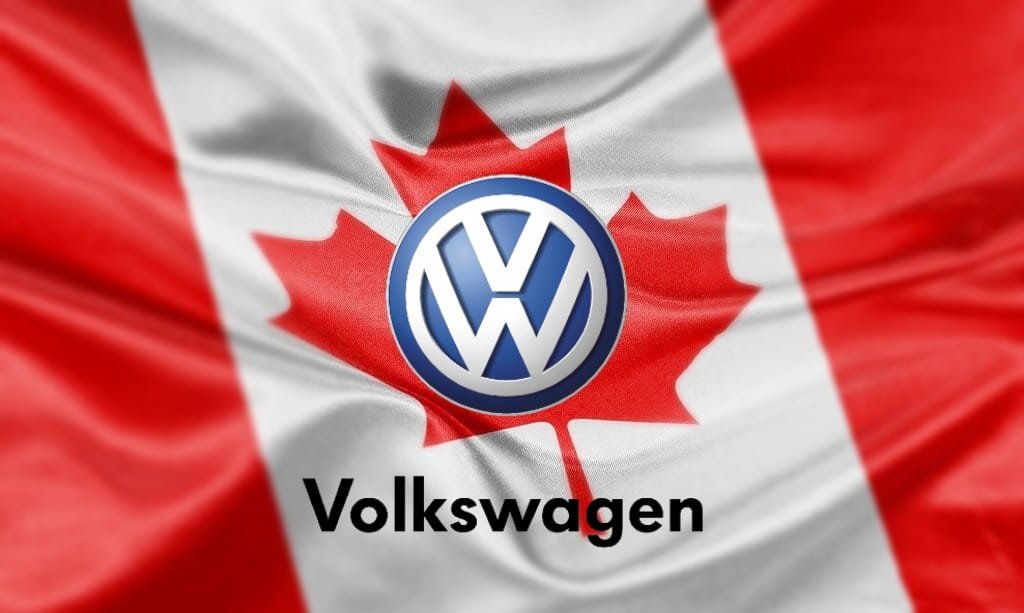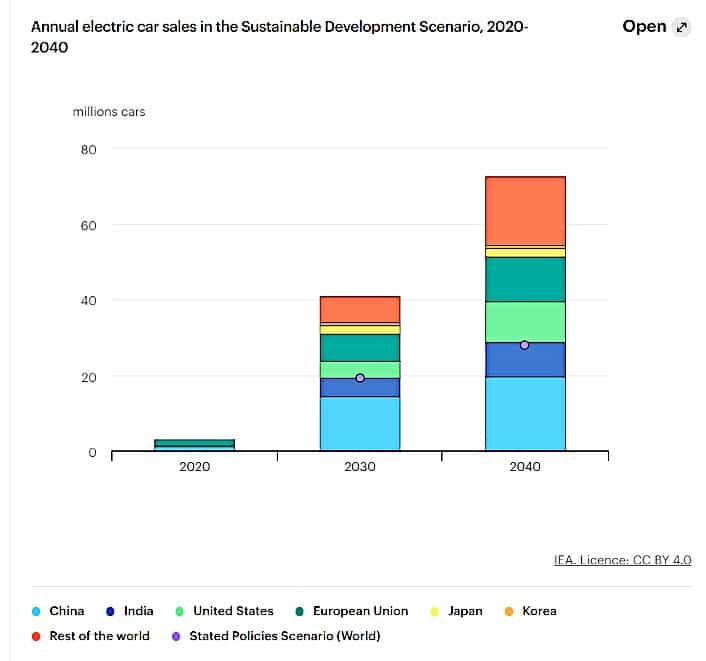In a bold and strategic move, Prime Minister Justin Trudeau’s government has approved a whopping C$13 billion ($9.7 billion) in subsidies over ten years, securing a monumental Volkswagen AG electric-vehicle battery plant in Canada. It’s Volkswagen’s first outside Europe.
This decisive action demonstrates Canada’s dedication to staying competitive in the global shift towards clean energy and technology.
As the world races towards achieving net-zero emissions, the demand for battery metals has skyrocketed. North America must urgently scale up the production and recycling of these metals to create a sustainable, secure supply chain. This is critical to support the exponential growth of electric vehicles and renewable energy infrastructure.
Canada’s Commitment to Clean Energy
By making a significant investment in the Volkswagen plant, Canada is staking its claim as not only a provider of critical minerals but a hub for advanced manufacturing and clean technology, too.
The Canadian government’s extraordinary subsidies are a direct response to the competitive financial incentives in President Joe Biden’s climate legislation. Trudeau’s administration recognizes that such investments are not only crucial to keeping pace with the US. They will also allow Canada to maintain a strong position in the North American auto sector as it transitions away from internal combustion engines.
Industry Minister François-Philippe Champagne asserts,
“This is about us seizing generational opportunities. This is about raising our level of ambition.”
The Volkswagen plant has a massive footprint equal to 350 football fields. But on the positive side, it will create thousands of jobs in the region around St. Thomas, southern Ontario.
Furthermore, the economic value of this colossal project far outweighs the cost of the subsidies. Not to mention the supply chain spinoffs it will generate.
The staggering incentives package comprises annual production subsidies and a grant towards the factory’s capital cost. It effectively matches the benefits the German automaker would have received via the Inflation Reduction Act if it had chosen to build the plant in the US.
The Canadian government is also in talks to provide financial assistance for an LG Energy Solution and Stellantis NV plant in Ontario.
It is worth noting that the Inflation Reduction Act offers generous, large-scale subsidies for low-carbon industries. This put pressure on Canada and other US trade partners to either provide similar support or risk losing out on lucrative new investments in the green economy.
Canada’s assertive move to land the Volkswagen electric-vehicle battery plant shows the country’s commitment to clean energy and technology. And by investing heavily in this sector, the country ensures that it remains competitive in the global race towards net zero emissions and a greener future.
As other nations vie for their share of the green economy, Canada has shown that it is ready and willing to go the distance in this critical mission.


